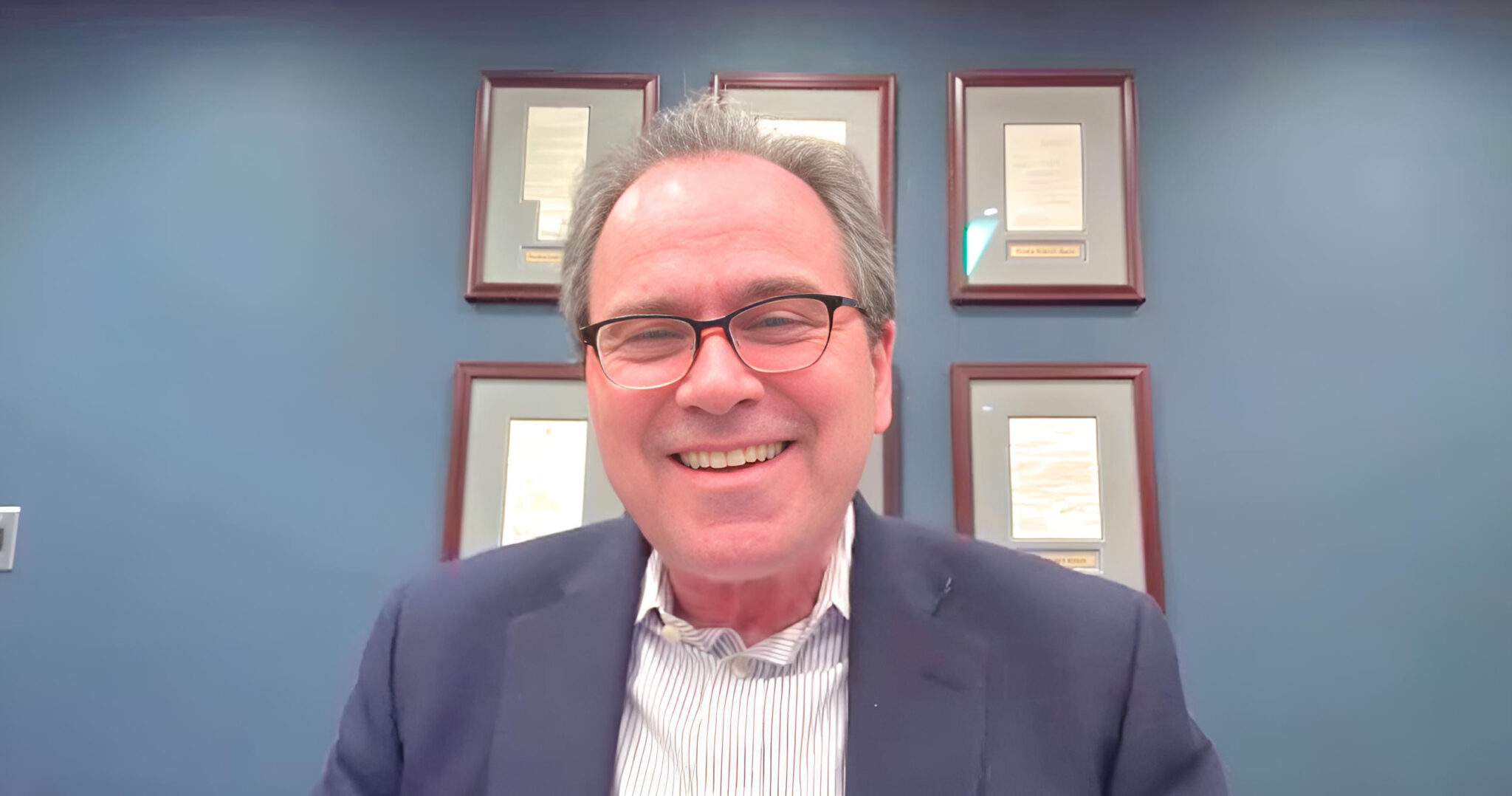
In a recent discussion with Scott Hodge, a tax-policy expert and former president of the Tax Foundation, the pressing need for reform in America's $3.3 trillion tax-exempt economy was highlighted. Hodge argues for a more precise definition of 'public charity' and advocates for the application of corporate tax rates to non-charitable income. He emphasizes that the current tax exemptions allow large nonprofits to compete unfairly with for-profit businesses, creating an uneven playing field in the market.
Hodge's insights are further elaborated in his book 'Taxocracy,' where he explores how tax policies influence behavior across various sectors. He points out the alarming growth of politically active nonprofits that are often funded by government grants, raising concerns about the integrity and purpose of charitable organizations. Hodge calls for a principled approach to differentiate between genuine charitable organizations and businesses that may be masquerading as nonprofits, suggesting that this distinction is crucial for maintaining the integrity of the nonprofit sector.
This conversation aligns with ongoing discussions about the role of philanthropy and the accountability of nonprofit organizations in the broader economic landscape. As the debate continues, the implications of tax policy reform on the nonprofit sector remain a critical area of focus for policymakers and economists alike [afe0e57e].